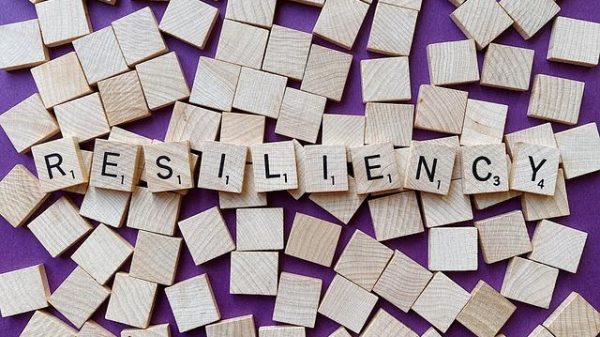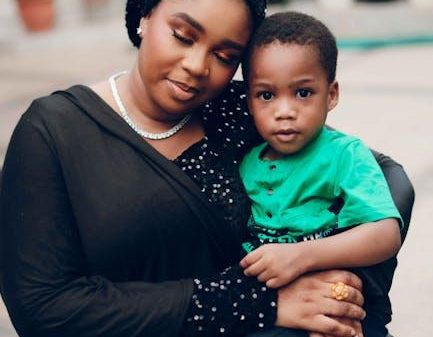In the intricate dance of relationships, where emotions ebb and flow like the tides, creating a haven of emotional safety for your partner is akin to crafting a sanctuary amidst the chaos of the world. It’s a space where vulnerability is not met with judgment, but with understanding; where the heart can unfurl its deepest secrets without fear. In this article, we embark on a journey to explore the art of nurturing this sacred space, offering insights and strategies to cultivate an environment where love is not just felt, but truly understood. Whether you are navigating the early stages of a new relationship or seeking to deepen the connection in a long-term partnership, these guiding principles will illuminate the path toward a more profound and emotionally resilient bond.
Understanding Emotional Safety
At the heart of any thriving relationship lies the concept of emotional safety, an often overlooked yet crucial element that allows partners to express themselves without fear of judgment or retaliation. Emotional safety is about cultivating an environment where both partners feel secure to share their thoughts, feelings, and vulnerabilities. This kind of space encourages open communication and nurtures trust, paving the way for deeper connections. In a world where misunderstandings and assumptions can easily drive a wedge between partners, understanding and fostering emotional safety becomes essential.
- Active Listening: Truly hearing your partner without interrupting or planning your response can make them feel valued and understood.
- Respect Boundaries: Acknowledge and respect each other’s personal limits and comfort zones.
- Empathy: Strive to understand your partner’s perspective, even if it differs from your own.
- Non-judgmental Support: Offer reassurance and encouragement without jumping to conclusions or criticism.
By incorporating these practices into your relationship, you can create a safe haven where both you and your partner feel supported and cherished, ultimately strengthening your bond.

Fostering Open Communication
Establishing an emotionally safe environment requires a dedication to open dialogue and mutual respect. Begin by practicing active listening. When your partner speaks, ensure that you are fully present and attentive, setting aside distractions. This involves not just hearing their words, but also understanding the emotions behind them. Reflective responses can help validate their feelings, such as saying, “It sounds like you’re feeling…” or “I can see why that would make you feel…”. This approach fosters trust and demonstrates empathy.
- Encourage transparency by asking open-ended questions, like “How do you feel about…?” or “What do you think we can do about…?”
- Avoid interrupting or immediately offering solutions, as this can stifle open communication.
- Establish a judgment-free zone where both partners feel comfortable expressing thoughts and emotions without fear of criticism.
- Use ‘I’ statements to express your own feelings and needs, such as “I feel… when…” or “I need… from you.” This reduces defensiveness and promotes constructive dialogue.

Cultivating Empathy and Active Listening
To truly nurture an emotionally safe environment for your partner, it is crucial to master the art of empathy and active listening. These skills are not only about hearing words but understanding the emotions and intentions behind them. Empathy involves putting yourself in your partner’s shoes, feeling their joys and struggles as if they were your own. Active listening, on the other hand, requires your full attention—listening not just with your ears, but with your heart and mind.
- Give Undivided Attention: Set aside distractions like phones or TV, showing your partner they are your priority in that moment.
- Reflect and Validate: Repeat back what you hear in your own words to ensure understanding, and acknowledge their feelings without judgment.
- Ask Open-Ended Questions: Encourage your partner to express themselves more deeply by asking questions that require more than a yes or no answer.
- Maintain a Non-Judgmental Attitude: Accept your partner’s feelings and experiences without criticism or dismissiveness.
By consistently practicing these skills, you create a foundation of trust and respect, ensuring your partner feels valued and understood. This not only strengthens your relationship but also fosters a comforting space where vulnerability is welcomed and nurtured.

Building Trust and Consistency
Establishing a foundation of trust and maintaining consistency in your relationship requires intentional effort and a commitment to understanding each other deeply. Begin by communicating openly and ensuring that both partners feel heard and validated. When discussing emotions or concerns, practice active listening and avoid interrupting, as this can demonstrate respect and genuine interest in their perspective. Remember, the goal is not to ‘win’ the conversation but to create a space where both partners feel safe expressing themselves.
- Be Reliable: Follow through on promises and commitments. Consistency in your actions fosters a sense of security and reliability.
- Practice Empathy: Make an effort to understand your partner’s feelings and experiences. Show compassion and offer support when needed.
- Acknowledge Mistakes: If you falter, own up to your mistakes. Apologizing sincerely and making amends can strengthen the bond and rebuild trust.
Additionally, make it a habit to check in regularly with each other about how you’re both feeling in the relationship. This ongoing dialogue can help prevent misunderstandings and keep both partners aligned. By nurturing these elements, you contribute to a harmonious environment where emotional safety thrives.








